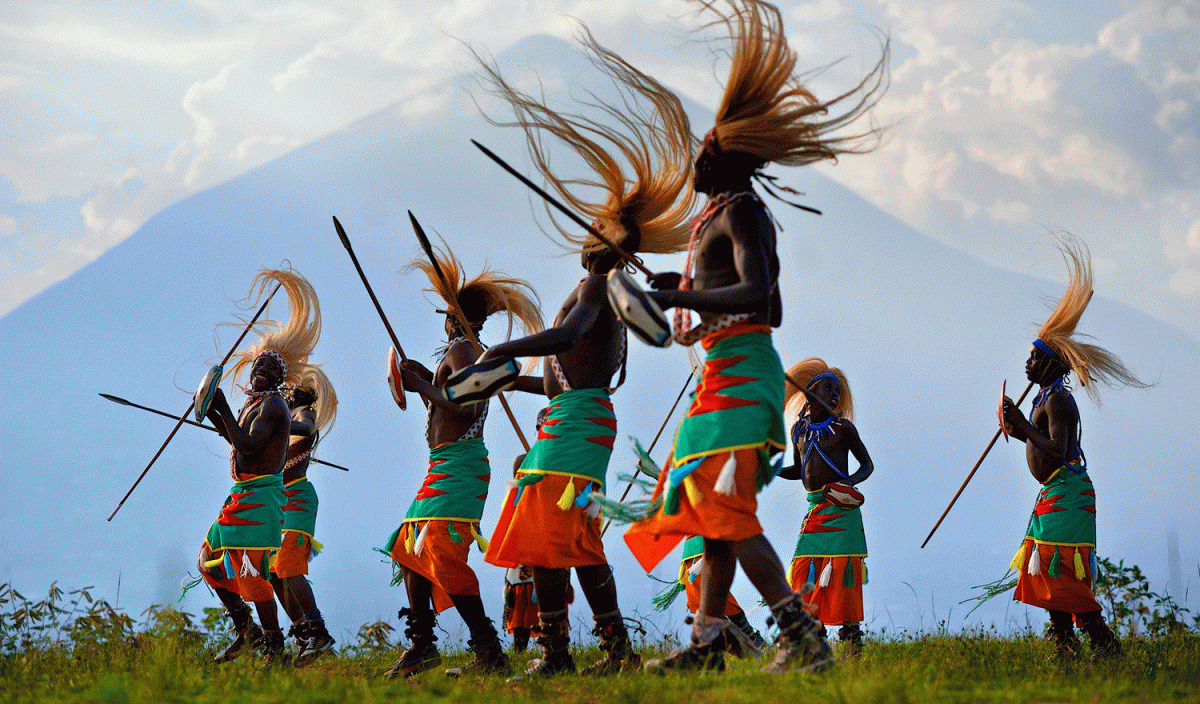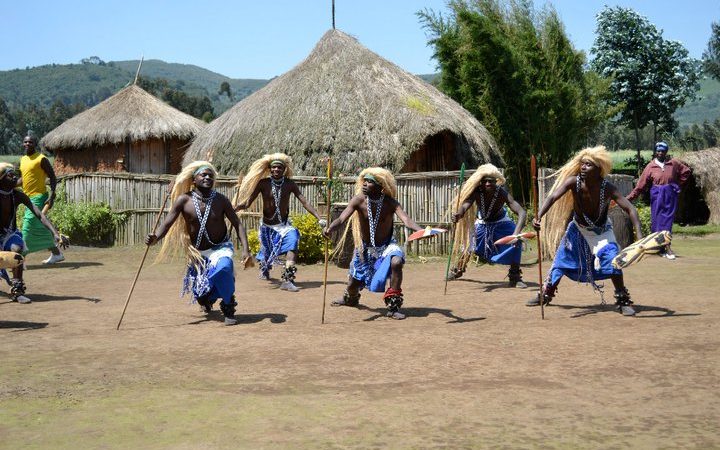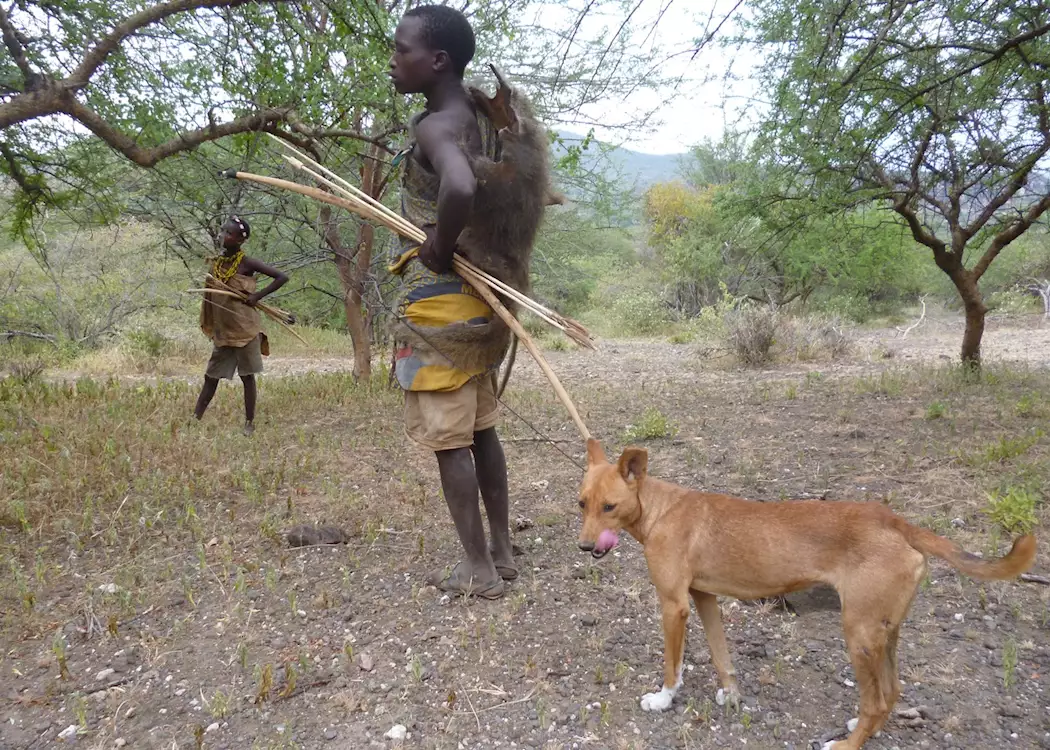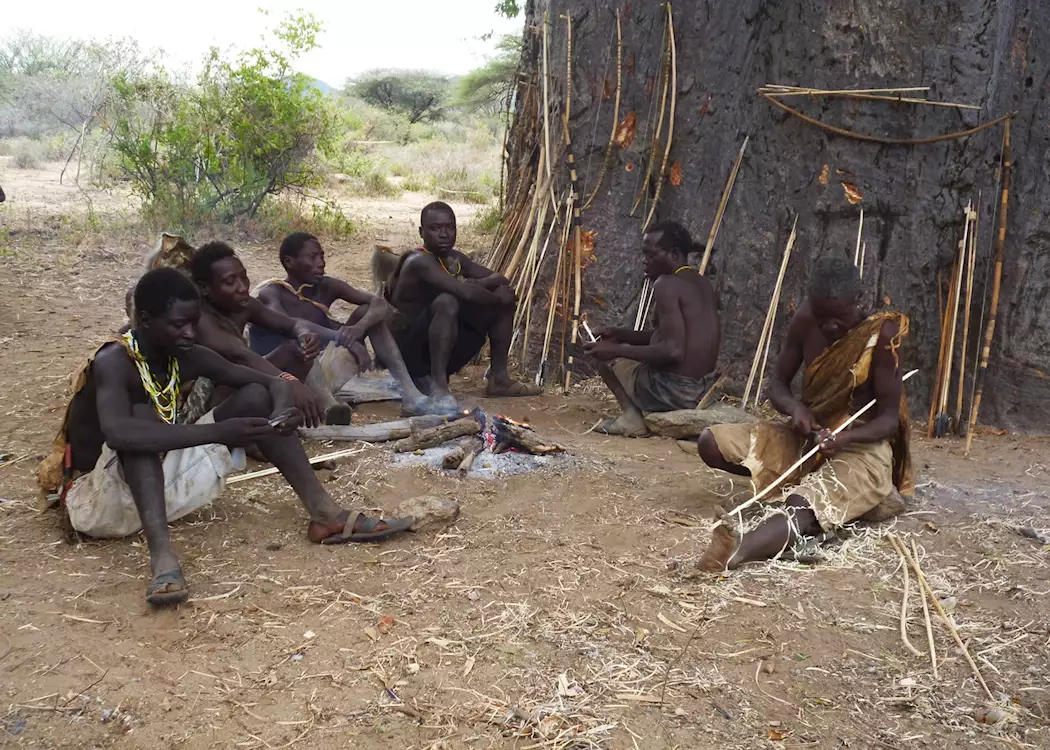Cultural & Eco Tours
OVERVIEW
East African Cultural and Eco Tourism
East Africa, encompassing countries like Tanzania, Kenya, Uganda, Rwanda, and others, is not only famous for its wildlife safaris but also for its rich cultural heritage and eco-tourism opportunities. The region offers a unique blend of experiences that combine wildlife conservation, sustainable travel, and deep cultural immersion with local communities. Eco-tourism in East Africa is centered around preserving natural habitats, promoting sustainability, and empowering local communities while providing visitors with authentic cultural encounters.
Key Destinations for Cultural and Eco-Tourism:
Tanzania:
- Maasai Villages (Arusha, Ngorongoro, and Serengeti): The Maasai are one of East Africa’s most famous indigenous tribes. Many cultural tours allow visitors to spend time in Maasai villages, learn about their age-old traditions, participate in traditional dances, and experience their way of life. These experiences help support local communities through direct contributions.
- Usambara Mountains: Known for its eco-friendly lodges and community-run guesthouses, the Usambara Mountains in northeastern Tanzania offer guided walks through villages, forest hikes, bird watching, and visits to local farms. This region is ideal for sustainable tourism practices that benefit local communities and conserve the environment.
- Chumbe Island Coral Park: Located off the coast of Zanzibar, Chumbe Island is a private marine sanctuary and eco-resort. It promotes coral reef conservation, sustainable tourism, and environmental education programs for local communities.
Kenya:
- Lamu Old Town: A UNESCO World Heritage Site, Lamu Old Town is Kenya’s oldest and best-preserved Swahili settlement. Visitors can explore the narrow streets, historic mosques, and centuries-old stone houses. The town also offers cultural festivals, dhow sailing, and eco-friendly accommodations.
- Maasai Mara Conservancies: Various community conservancies around the Maasai Mara allow visitors to engage with local Maasai communities. These conservancies promote sustainable tourism practices, where tourism revenue directly benefits local communities, supports conservation efforts, and provides a more intimate wildlife experience.
- Samburu Cultural Tours: Samburu County offers authentic cultural experiences with the semi-nomadic Samburu people. Visitors can participate in traditional ceremonies, learn about the Samburu’s unique beadwork, and support local community projects.
Uganda:
- Batwa Cultural Experience (Bwindi Impenetrable Forest): The Batwa are one of the oldest indigenous communities in Uganda. The Batwa cultural experience allows visitors to learn about their hunter-gatherer traditions, medicinal plant uses, and music. This initiative helps support the Batwa community displaced from the forest.
- Kibale National Park – Eco-Lodges and Community Tours: Known for its rich primate population, Kibale National Park also offers community-led eco-tours, including visits to tea plantations, local homesteads, and community-based eco-lodges that provide employment opportunities for locals.
- Lake Bunyonyi: Located in southwestern Uganda, Lake Bunyonyi is known for its scenic beauty, bird watching, and eco-friendly accommodation options. Visitors can engage in cultural experiences with the local Bakiga and Batwa communities, participate in canoe rides, and visit local craft markets.
Rwanda:
- Iby’Iwacu Cultural Village: Located near Volcanoes National Park, this cultural village offers visitors a chance to experience Rwandan traditions, including dance performances, traditional drumming, and learning about the lifestyle of the local communities. It also provides employment and income opportunities for former poachers, promoting conservation.
- Nyungwe Community Walks: Near Nyungwe Forest National Park, community-based tourism initiatives offer guided walks to local tea plantations, banana beer production sites, and cultural performances by local communities. This supports conservation efforts and enhances the local economy.
- Gorilla Guardians Village: This cultural village, run by members of local communities, offers insights into Rwanda’s cultural heritage, including traditional medicine, dances, and crafts, while supporting conservation and local development projects.
Unique Cultural and Eco-Tourism Activities:
Homestays and Community Visits:
- Experience daily life in East African communities by staying in local homestays or participating in community-based tourism programs. Visitors can join in traditional cooking, farming activities, and craft-making, providing a source of income for local families.
Walking and Cycling Tours:
- Walking or cycling tours offer low-impact ways to explore natural landscapes and communities. In destinations like the Usambara Mountains in Tanzania or Karamoja in Uganda, travelers can explore local villages, learn about sustainable agriculture, and support local guides.
Conservation Volunteering:
- Many eco-lodges and conservation projects in East Africa offer volunteering opportunities, allowing visitors to contribute directly to wildlife conservation, reforestation, or community development initiatives. For example, visitors can volunteer at the Chumbe Island Coral Park in Zanzibar or join reforestation efforts in the Aberdare Ranges in Kenya.
Traditional Crafts and Markets:
- East Africa is known for its vibrant markets and traditional crafts, such as Maasai beadwork, Ugandan bark cloth, Rwandan basket weaving, and Kikuyu carvings. Visitors can support local artisans by purchasing handmade crafts directly from local markets or workshops, ensuring fair compensation and promoting cultural heritage.
Cultural Festivals and Events:
- Attend local festivals like the Lamu Cultural Festival in Kenya, the Zanzibar International Film Festival (ZIFF), or the Kwita Izina Gorilla Naming Ceremony in Rwanda. These events celebrate local culture, music, dance, and traditions, providing unique cultural experiences.
Benefits of Cultural and Eco-Tourism:
Conservation and Preservation:
- Eco-tourism and cultural tourism promote the preservation of natural habitats, endangered wildlife, and cultural heritage. They encourage sustainable practices that help reduce human-wildlife conflicts and protect ecosystems.
Empowerment of Local Communities:
- These forms of tourism provide direct economic benefits to local communities, empowering them through employment, income generation, and support for local development projects like schools, clinics, and water supply systems.
Promoting Sustainable Practices:
- Eco-tourism emphasizes sustainable practices such as reducing waste, conserving water, and promoting renewable energy sources. Many eco-lodges and community-based tourism initiatives use eco-friendly materials, solar power, and recycling programs.
Educational and Authentic Experiences:
- Travelers gain a deeper understanding and appreciation of local cultures, traditions, and environments, fostering cross-cultural connections and promoting global awareness of conservation and sustainability issues.
FAQs:
What should I consider when planning a cultural or eco-tourism trip?
Look for certified eco-friendly accommodations, choose community-based tours, and support local businesses by buying handmade crafts or locally sourced products.How can I ensure my trip benefits local communities?
Opt for tours and experiences that are community-run or have a direct economic impact on local people. Check for certifications like Fair Trade Tourism or local government approvals.Are cultural and eco-tourism experiences suitable for families?
Yes, many cultural and eco-tourism activities, such as village visits, wildlife conservation volunteering, and nature walks, are family-friendly and educational for all ages.Is eco-tourism more expensive than traditional tourism?
Not necessarily. While some eco-lodges may have higher prices due to sustainable practices, many community-based tourism experiences are affordable, and the costs directly benefit local communities.
book Safari Tour
Get a question?
Best Tanzania Safari Packages To Witness The Abundant Wildlife That Call It Home.
For More Exciting & Better Value Safari.
Why book with us
- Customer care available 24/7
- Hand-picked Populer Tours & Activities
- Tailor Made Your Own Itineraries
- The airport Pick-up and Transfer
- Best Accommodations
PHOTO GALLERY




